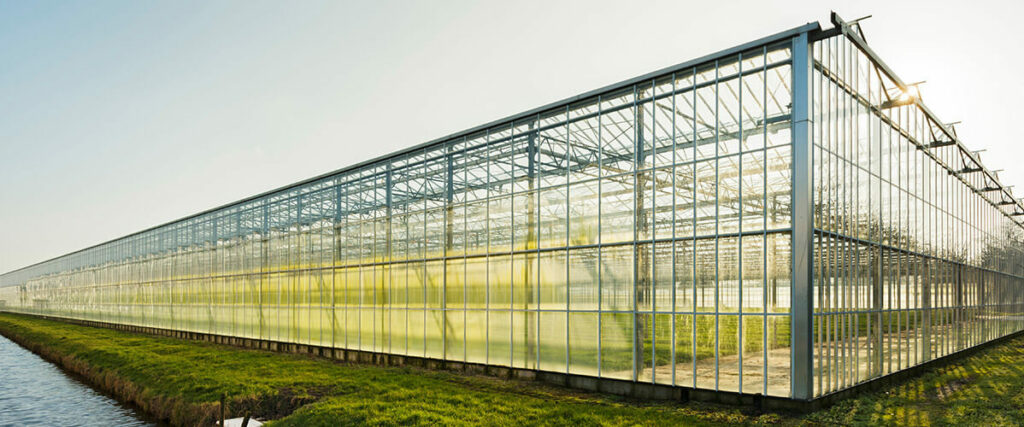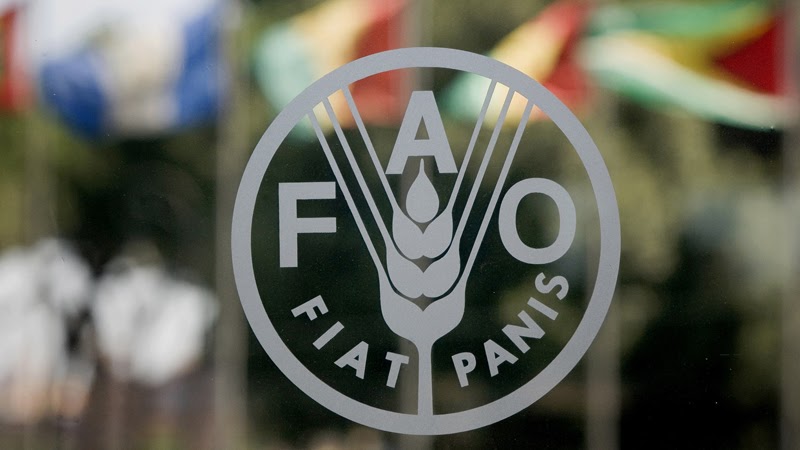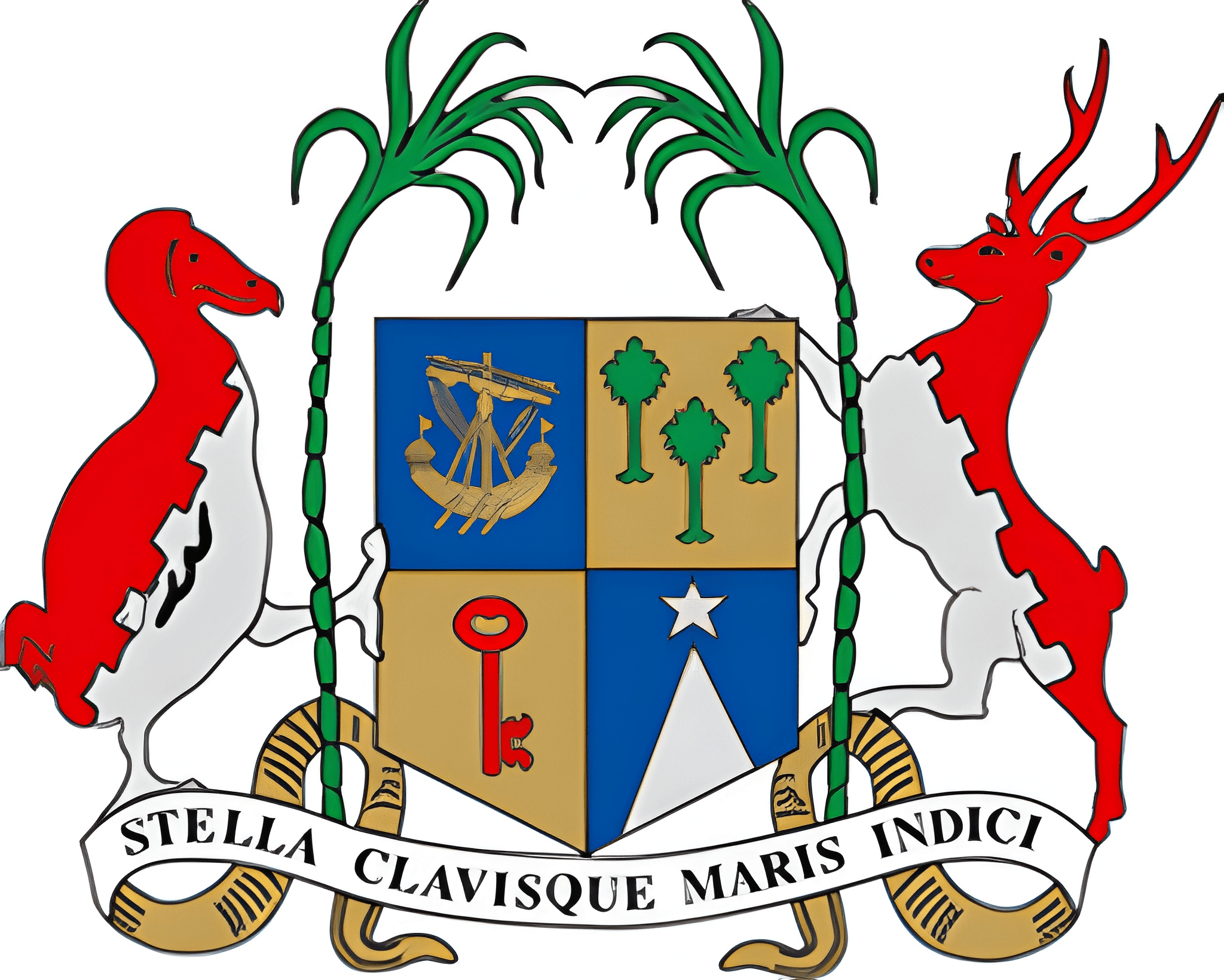Ongoing projects
Multipurpose Containment Facility
The National Plant Protection Office delivers Plant Import Permit for plant parts which are used for planting or propagation such as seeds, seedlings, cuttings, tissue culture and other materials. It is important to screen and observe the plants and planting materials for the presence of exotic pests and diseases and latent infection. Plant pathogens, plant associated insects and mites for instance require containment. To this effect a greenhouse will be needed to implement those quarantine protocols. The purpose of containment is to prevent the transfer of propagules and other organisms from inside the greenhouse to receptive environments outside the greenhouse.
The project is therefore of high priority for the NPPO which needs the collaboration of the Engineering Division for its technical support. In the 2019-2020 Budget, the Ministry decided to trim down the cost of the project, and to this effect a sum of only Rs 10 million was allocated. Given that the project cannot be set up in a phase manner, no action has been initiated.

The Maritime Single window project
Port-Louis, Mauritius is well known for being a business hub for international trade and a Maritime gateway in the Indian ocean due its location, efficiency and people expertise in doing business. The Maritime Single Window (MSW) project will be implemented under the aegis of the Mauritius Port Authority (MPA) in the context of moving towards a Smart port. When the MSW becomes operational, documents and data will be submitted by shipping companies to government authorities (including the NPPO) on the online platform to facilitate and speed up the vessel arrival and departure procedures. Preclearance forms will be submitted online for risk assessments by the NPPO prior to arrival and berthing of vessels in Port-Louis.
Physical inspections on board vessels will not delay cargo disembarkation and operational procedures.
STOSAR Project
The Support towards operationalization of the SADC Regional Agricultural Policy (STOSAR) project is being implemented under the Food Agricultural Organisation (FAO).
The aim is for a coordinated control and management of transboundary pests and diseases of plants and animals through a networking among plant protection authorities, veterinary authorities, specialists in plant and animal health and testing laboratories in the region.
The project also aims to enhance sharing of information and improve market access through effective control strategies of plant and animal diseases.
The strategies are coordinated by SADC and the scope of the SADC Regional Management Strategy 2020-2024 is the entire SADC region involving government NPPOs, farmers, extension workers and research institutions.
The following priority plant pests identified are:
Fruit flies, fall army worm, Tuta absoluta, Fusarium oxysporum cubense TR4 and the maize lethal necrosis disease.
The national strategies for Mauritius will be implemented by the NPPO, the Entomology Division of the Ministry of Agroindustry & FS and FAREI.
The Regional management strategy and response plans for fruit flies, fall army worm and tuta absoluta consist of a series of measures including:
- Regulatory measures in terms of regulated commodities and phytosanitary conditions applied on importation
- Surveillance
- Area wide control methods such as bait spray, mass trapping, sanitation, etc
- Biological control
- Cultural and management practices
- Public awareness and extension

National strategies which are globally recommended and aligned to the SADC Plant Health Strategy will be prepared by the NPPO for the prevention of entry of invasive quarantine pests Foc TR4 and maize lethal necrosis disease. This will be done in collaboration of STOSAR plant health specialists and FAREI and will include the following:
- Regulatory measures in terms of regulated commodities and regulated pests.
- Seed certification and other phytosanitary conditions on importation
- Quarantine measures at borders
- Inspection of ship containers for freedom from soil
- Surveillance
- Protocol for disease diagnosis
- Public awareness and extension
 Loading in progress
Loading in progress
